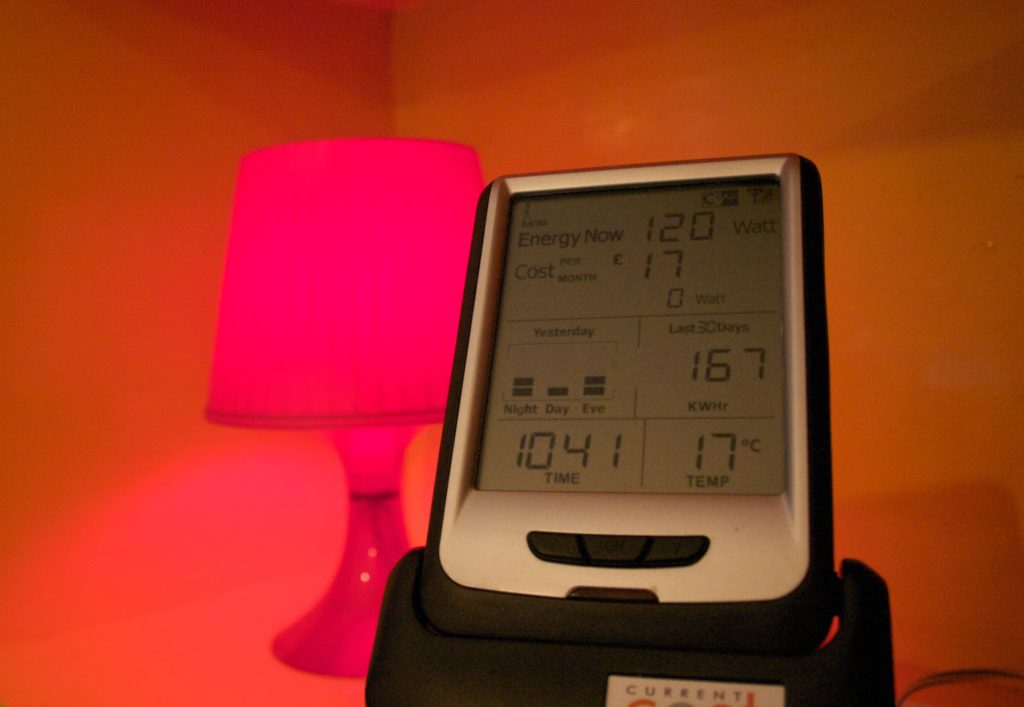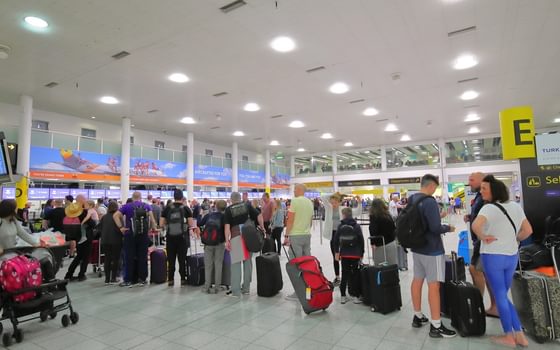This is how we’ll beat the Big 6
Big energy companies have had it easy for too long
10 February 2017
Here it is again: the semi-annual outrage at the blatant profiteering of the Big 6 energy supply companies.
Half of Npower’s customers will see their bills increase by 10%. EDF has already announced price increases. And others will surely follow.
At this point energy companies are already the most hated industry in the country, so they don’t have much to lose in terms of reputation.
Nor do they have much to fear from the institutions that are supposed to protect us, like Ofgem and the Competition and Markets Authority. Ofgem says it thinks Npower ought to ‘justify the decision to its customers’ and the Prime Minister’s office is ‘concerned’. We’ve been here before – the companies know that once the media storm has blown over the political appetite for action will also die away.
The response of Ofgem just underlines our complete powerlessness over these companies. It’s hardly a concrete safeguard if the only way we can challenge their destructive decisions is by generating a media backlash.
But we don’t have to settle for passive-aggressive media squabbles.
We can take control by setting up publicly owned energy supply companies that offer cheap tariffs by default and, crucially, are directly accountable to customers and citizens through democratic processes.
In Nottingham, Bristol and Scotland, local public companies are taking energy supply into their own hands. And we’ve been working with the Switched On London campaign to hold Sadiq Khan to account on his manifesto commitment to do the same for London.

More than 1 in 10 households in our capital city are living in fuel poverty — an absurd and perverse failure on the part of our big energy companies. On top of that, too many residents live in homes that need much better insulation.
We want London to pioneer local, democratic energy that puts people first. We’re asking Sadiq to set up a fully-licensed supply company with mechanisms that make it accountable to Londoners, like a governing board with elected customers and workers on it.
This doesn’t mean that there wouldn’t ever be any price increases, but it gives us more control over how, when and to whom costs should be passed on. It lets us prioritise what’s important to us, whether that’s ensuring no one lives in the cold or investing in renewable technologies.
We need to wrest control of the essentials in life, like energy, away from corporate exploitation and back into democratic control. Local areas can get on with that job right now.
Topics Climate change Energy






